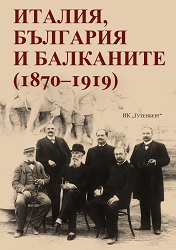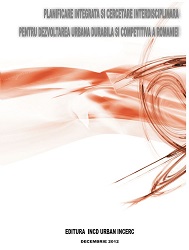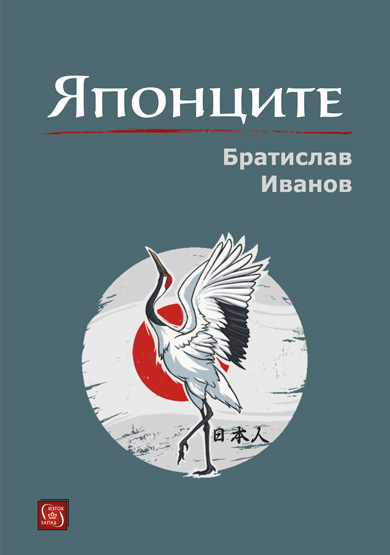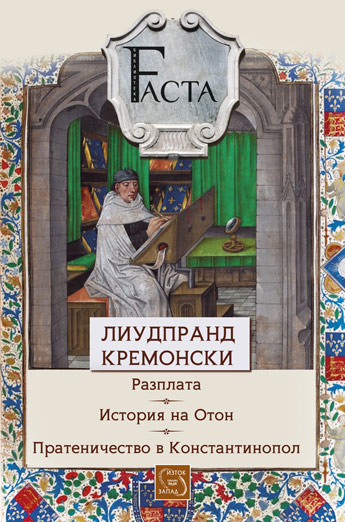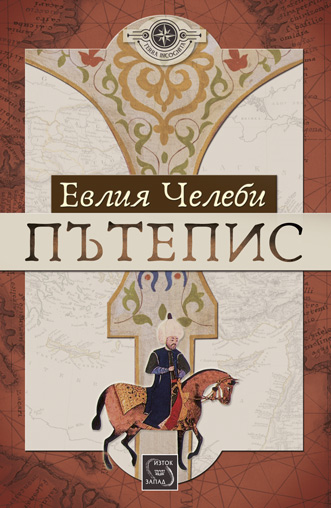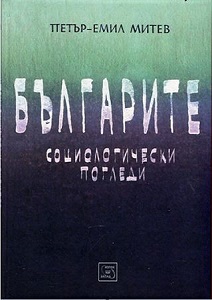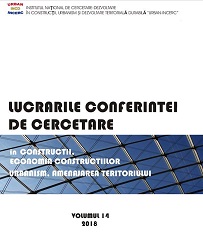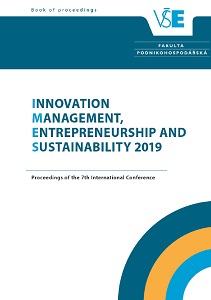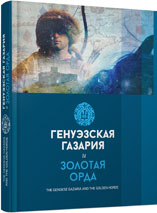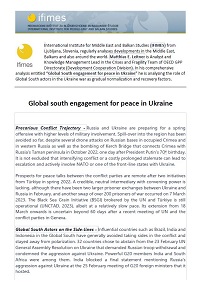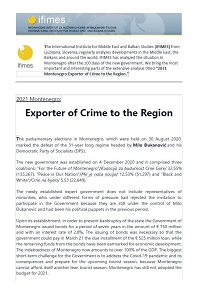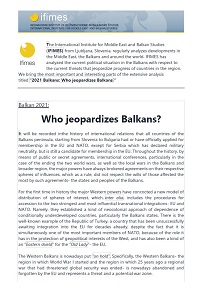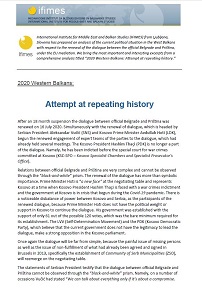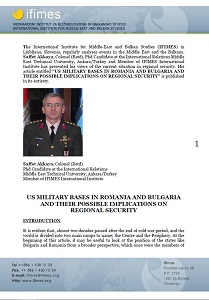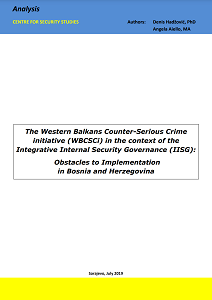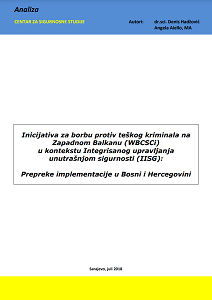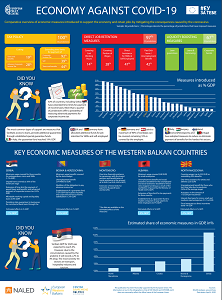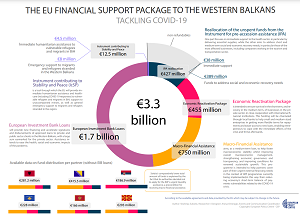Author(s): Denes Joo / Language(s): English
Publication Year: 0
Inside the New Europe, proposed to reorganize based on cosmic principles instead of some arbitrary decisions, it’s possible to create five administrative-territorial unities, with grouping of the existent national states, -enclaves and –exclaves, of which functioning follows a damped harmonic oscillator model, taking part in the forming Eurasian Continental Unity. The Carpathian Chain being the terrestrial projection of the Constellation Draco/Dragon, with the included Ecliptic Centre represented by the Rosia Poieni Peak in the West-Carpathians, results of course the forming around it the Central-East European Territory, bordered by the Baltic Sea to the North, the Mediterranean Sea to the South, the Black Sea and the rivers Nistru-Bug to the East, and by the limits of the Central-West European Territory (former German-Roman Empire) to the West, with which together are forming the New Central Europe, surrounded by the West-, North- and East-European Territories, each of them with Northern- and Southern parts. Thus, the Central-East European Territory, called DRAKYA according to the Constellation, is separated by the river Danube-Drava in North-Drakya=DAKYA and South-Drakya=TRAKYA. DAKYA is relatively simple to realize, extending the V4 Association of Czech-land, Poland, Slovakia and Hungary with ROMANIA and MOLDOVA, respectively including the intercalated small teritories, but TRAKYA is more difficult to border inside the Mediterranean Sea. The coordinating centre of DAKYA results of course by cosmic criteria, through realizing of the new spatial town ROSIA POIENI, with residential and agreement zones on the surface, and with production and communal services in the depth, including a transatomic work too. A similar coordinating centre is possible to realize in TRAKYA at the Olympos Mountain, which is the projection of the Thuban, first star of the Constellation. In this conception, the functioning of the whole system is proposed with a periodicity of 5 years, started in 2020 with DRAKYA and TRAKYA, and from 2030 following with our western neighbours, and in order the West-, North- and East-European territorial ones, so in the next 100 years will be functioning the complete system with its mechanism based on equality, equilibrium and harmony, making certain the long-term evolution, after 2120 in cicles of 30 years. This transition from the „bulk” or atomized Europe to the proposed new structure, coincides with a transition process to a higher level of our consciousness, through a cosmic thought in general, inclusive in our renewed architectural and urbanistic thinking. In Europe’s restructuring based on cosmic principles, after their outside positions, ROMANIA and MOLDOVA will have a central position and coordinating role, with the possibility to catch up – or exceed – the more advanced European countries, restructuring their slender infrastructure and settlement network, as a result of their better situation in the domain of resources. In the realizing process of this grandious programme, a prime role will have the institution INCD-URBAN-INCERC, with its complex profile, able to coordinate on long term
More...
